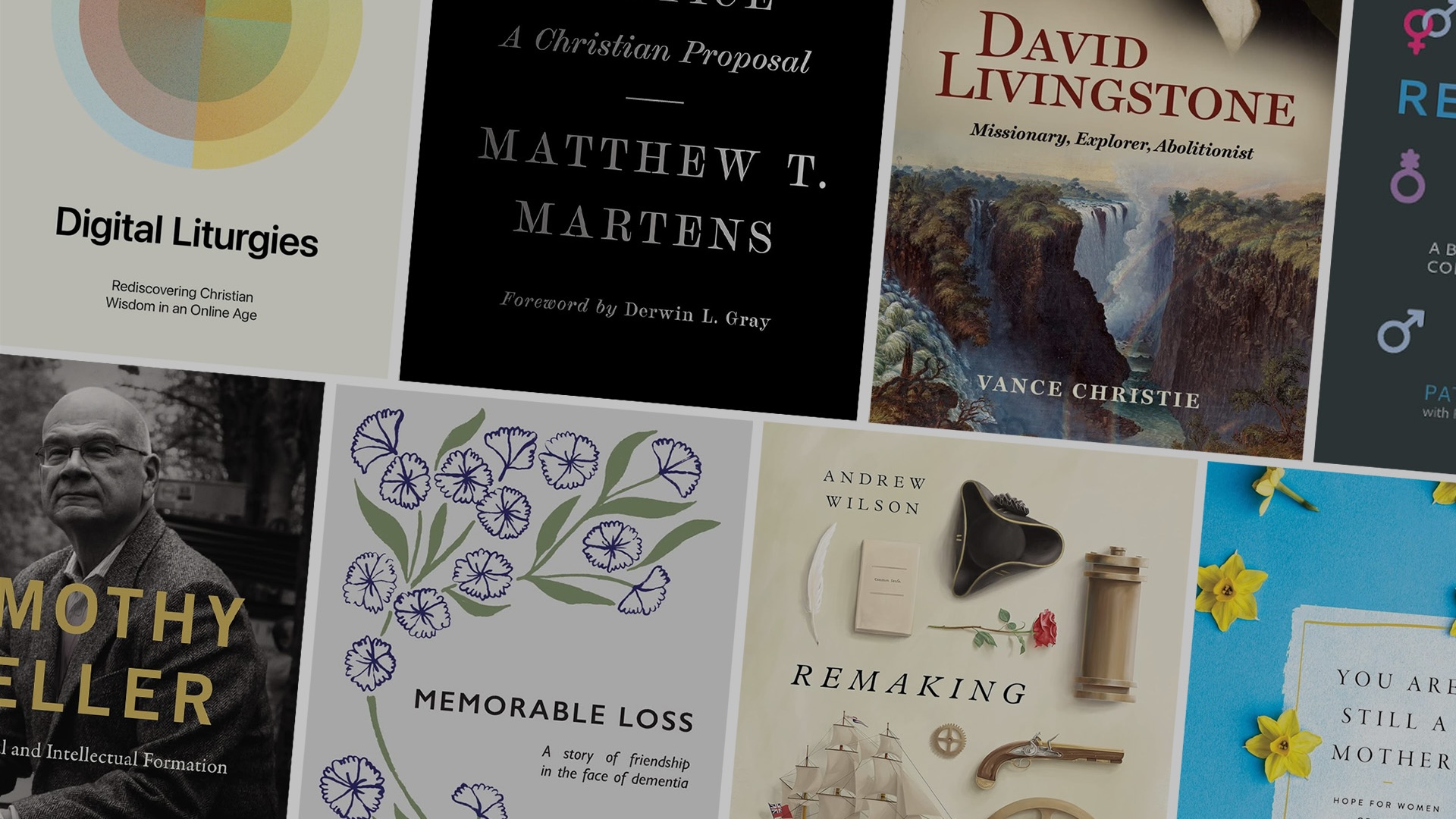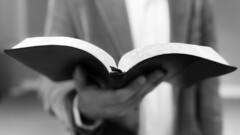As another year draws to a close, I wanted to take some time to consider the books I read in 2023 and to assemble a list of my top picks. Apart from the first book, which I consider the best I read this year, the rest are in no particular order. In each case I’ve included a brief excerpt from my review. (You can read my reviews of these books and many others here.)
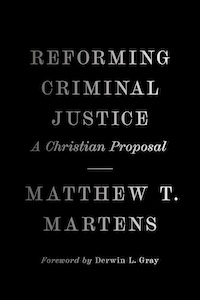
Reforming Criminal Justice: A Christian Proposal by Matthew Martens. I rank this as the best largely because it got me to think about things I’ve never really considered before and pushed me to think about them in a distinctly Christian way. Most of us probably assume that the criminal justice system in our country is generally sound. We may believe that it needs some tweaks here and there. We may understand that because it exists in a fallen world it will in some ways reflect the sins and weaknesses of the people who control and oversee it. But rarely do we pause to ask questions like this: If we had to design a criminal justice system from scratch and do so in a way that is consistent with Scripture, what might it look like? What principles would we embed within it? And how closely would it resemble the system we currently have? These are the question this fascinating book answers from a distinctly Christian perspective. (Buy it at Amazon or Westminster Books; read my review)
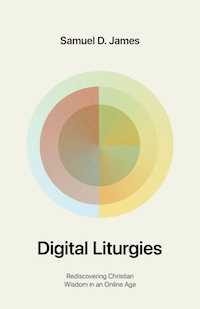
Digital Liturgies: Rediscovering Christian Wisdom in an Online Age by Samuel James. Samuel James’ Digital Liturgies is meant to help you think about digital technologies and the social internet they enable. For these are not harmless or inconsequential tools. Neither can they be exactly compared to any tools that we have previously experienced in human history, for they alone provide a “disembodied electronic environment that we enter through connected devices for the purpose of accessing information, relationships, and media that are not available to us in a physical format.” Our use of these technologies and our increasing immersion in them essentially brings us into a whole new kind of world in which we leave aside so much of what makes us who we are. (Buy it at Amazon or Westminster Books; read my review)
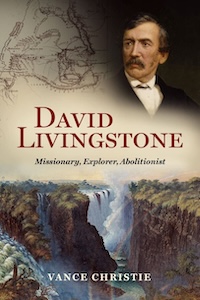
David Livingstone: Missionary, Explorer, Abolitionist by Vance Christie. There are some historical figures whose every sin seems to get overlooked and whose every virtue seems to get amplified. Conversely, there are other historical figures whose every virtue seems to get overlooked and whose every sin seems to get amplified. I would place the modern understanding of David Livingstone squarely in the latter category. Though he was most certainly a flawed individual, it seems that today he is known only for those flaws rather than for his many strengths. It’s for this reason that Vance Christie’s weighty new biography of Livingstone is so timely and so important. (Buy it at Amazon or Westminster Books; read my review)
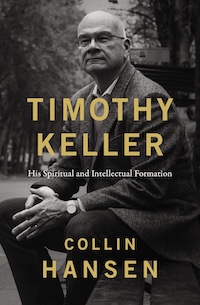
Timothy Keller: His Spiritual and Intellectual Formation by Collin Hansen. I wasn’t expecting to enjoy this book as much as I did. I enjoy reading a good biography as much as anyone, but was perhaps a bit skeptical about a book that, instead of focusing on an individual’s life and accomplishments, instead describes his spiritual and intellectual formation. Yet what could have been a mite dry was actually very compelling. Whether you have been influenced by Keller or not, whether you admire him or not, I believe you will enjoy this account of his life framed around his intellectual and spiritual development. Told through the pen of an especially talented a writer, it is a fascinating and compelling narrative. It may just get you thinking about who has formed you and compel you to praise God for the people, the preachers, the books, and the organizations that have made you who you are. (Buy it at Amazonor Westminster Books; read my review)
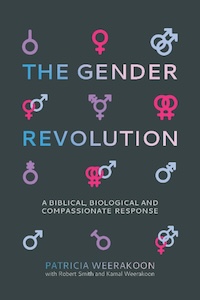
The Gender Revolution: A Biblical, Biological and Compassionate Response by Patricia Weerakoon, Robert Smith, and Kamal Weerakoon. This is a book that has been written to provide a biblical, biological, and compassionate response to the modern day gender ideology that has been flooding our world and sweeping away so many victims. It is written by a fascinating combination of authors: Patricia Weerakoon who is a now-retired medical doctor, counsellor, sex therapist, speaker, writer and academic; Kamal Weerakoon (Patricia’s son) who is a missions director at a Presbyterian church; and Robert Smith who is a long-time lecturer in theology, ethics and music ministry at Sydney Missionary & Bible College. (Buy it at Amazon or Westminster Books; read my review)
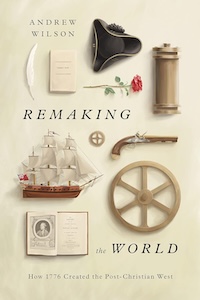
Remaking the World: How 1776 Created the Post-Christian West by Andrew Wilson. The book’s big idea is that the year “1776, more than any other year in the last millennium, is the year that made us who we are.” In this case, the “us” refers to those who live in what we might call the modern, industrialized West. I very much enjoyed reading Remaking the World. It is an enjoyable book, a well-paced book, and one written with verve. It takes on an audacious thesis and, as far as I can tell (even while admitting I’m entirely unqualified to judge), one the author defends well. I think you’re likely to enjoy it just as much as I did. (Buy it at Amazon or Westminster Books; read my review)
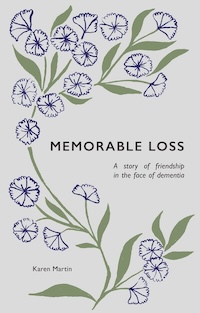
Memorable Loss: A Story of Friendship in the Face of Dementia by Karen Martin. This is Karen Martin’s account of the days from immediately prior to her friend Kathleen’s diagnosis of dementia all the way to her passing. It explains Alzheimer’s and dementia and shows how though they necessarily reduce the patient’s capacities, they do not reduce her personhood. It tells of some of the trials that caretakers must endure and some of the agonizing decisions they need to make on behalf of the one they love. And it does all of this through the highest quality of prose. It’s an achingly beautiful account that leaves the reader groaning with the sorrow of this world but rejoicing in its delights and longing for the day when death and mourning, when crying and pain, will have passed away. (Buy it at Amazon or Westminster Books; read my review)
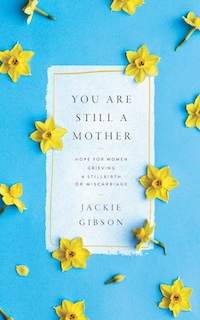
You Are Still a Mother: Hope for Women Grieving a Stillbirth or Miscarriage by Jackie Gibson. There is no path through this life that does not involve hardship. There is no path through this life that does not involve sorrow and loss. One of the most common sorrows, the most common losses, is that of a child who dies through miscarriage or stillbirth. So many parents are familiar with the agony of losing a child they never truly got to know, yet loved with their whole heart. Writing specifically for mothers who have become members of a club that no one wants to join, Jackie Gibson’s message to them is this: You are still a mother. (Buy it at Amazon or Westminster Books; read my review)
